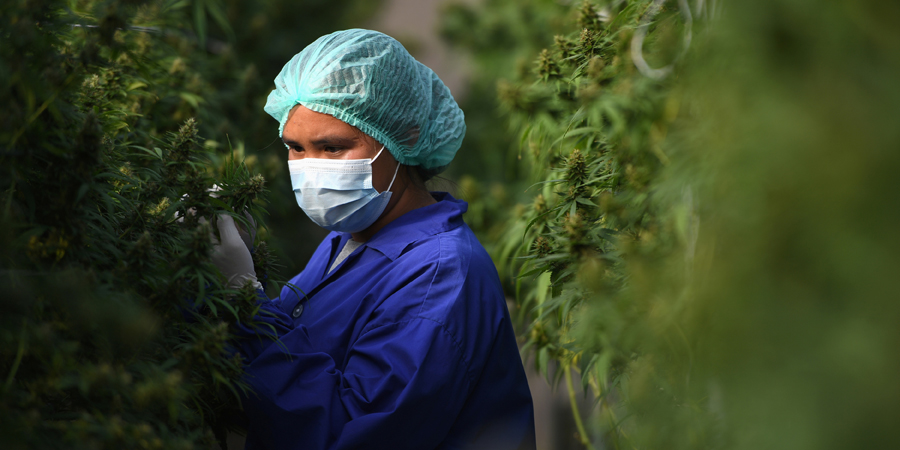
In June, Thailand became the first country in Asia to remove marijuana from the country’s narcotics control list and legalise it for growth and consumption in food and drinks. The change aims to support the medical use of marijuana and facilitate new business opportunities.
The move has been some time in the making, say lawyers. Back in 2018, Thailand became the first country in Southeast Asia to approve the use of medicinal marijuana.
“Liberalisation of marijuana was a clear agendum proposed by one of the parties in the last election, and it had been a topic of discussion for many years,” says Pranat Laohapairoj, a partner at Chandler MHM. “Generally, it is believed that the purposes are largely commercial in nature, whereby businesses will be able to capitalise on the issue by selling products domestically, exporting products, and expanding uses in both medical and recreational areas.”
Following the changes, people are allowed to grow up to six marijuana plants in their homes after receiving approval from the government. In addi-tion, the Thailand government aims to give away one million plants to people by the end of the year, roughly 100,000 to 200,000 per month.
“Each household will be allowed two free plants, which means at least half a million households in Thailand will be growing marijuana,” Mananya Thaiset, Thailand’s deputy minister of agriculture and cooperatives, was quoted as saying in the media.
All cannabis growers must first register via the Thailand Food and Drug Administration’s application, PlookGanja, to receive a digital certificate. They need to provide their identity card number and mobile number, as well as explain why they want to grow cannabis. Growers also need to inform the authorities of the number of cannabis and hemp plans they have and where they are grown.
At the same time, however, authorities are looking to control the recreational use of marijuana following the rule change.
Smoking recreationally in public is still against the law and could be punished by jail sentences of up to three months or a 25,000 baht ($780) fine. It is also illegal to possess and sell cannabis extract with tetrahydrocannabinol (THC) greater than 0.2 percent.
To date, the Ministry of Public Health has approved 1,181 products with cannabis extracts, including cosmetics, food, herbs, and Thai traditional medicines.
Thailand’s cannabis market is expected to expand by 15 percent annually from 2023 to 2025, and it is projected to reach THB43 billion ($1.2 billion) in market value by 2025. The potential of this market is attracting growers and investors. For example, conglomerate Charoen Pokphand Foods has collaborated with energy firm Gunkul Engineering to develop cannabidiol-infused food and beverage products.
“Many businesses have already tried to adopt newly liberalised substance into their existing activities, such as food and beverage industry. Many companies have also been set up to enter the downstream and upstream markets for marijuana. Based on this development, it is expected that the economy will benefit from this liberalisation,” says Pranat.
However, the legalisation also comes with debates over how it can be legally used, he notes: “It is widely believed that we are currently in an interim period. Prior to this point, the substance was highly regulated, but now it is fully liberalised to the extent that there is no clear regulation.”
Pranat says that investors should be prudent in case any further rules come to regulate the sector.
“As there has been backlash from the public due to this over-liberalisation, it is highly probable that new regulations will be introduced to regulate manufacture and use of this substance. Business and investors, in general, should be aware of this possibility, as any new regulation can materially impact their investment and activities,” he notes.
In addition, the government believes the legalisation of cannabis will help attract more tourists back to Thailand as it removes COVID-19 curbs. Cafes, restaurants, and spas selling juices, curries, soaps, and oils infused with marijuana may attract international tourists, especially from countries where marijuana consumption is still not fully legal.
However, Pranat points out that this may also have a negative impact on the tourism industry.
“We are also starting to see the negative impact, whereby tourists from countries which traditionally restrict substance use have refrained from coming to Thailand as they fear unknowing consumption via substance-infused food and drinks, as the situation is fully liberalised,” he says.
